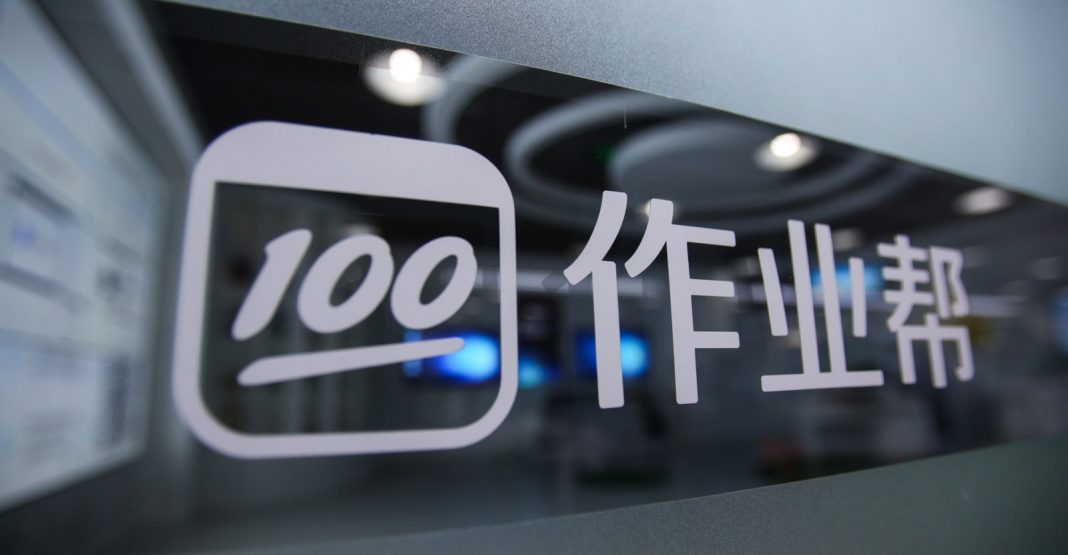The market has been jolted by Beijing’s attack against the private tutoring and ed-tech industries, prompting experts to ask one fundamental question: What is Beijing trying to achieve?
The Chinese Communist Party’s Central Committee and the State Council published broad policy recommendations on July 24 that require current private tutoring enterprises to register as nonprofit organizations. It will be illegal for extracurricular tutoring companies to go public. Regulatory permission will be required for online tutoring services. Much of the coverage of the recent crackdown has linked it to Beijing’s war on Big Tech or emphasized ideological control, which has been a prominent feature of Beijing’s treatment of the state-run school system. Experts say what’s going on in the vast ed-tech industry appears more like an attempt to treat digital-enabled ailments that have increased widespread educational — and consequently societal — inequity.
The uncertainty derives from the overlapping timings of two legislative trends: the first is stricter laws on the private school market, which were issued last Saturday but had been brewing since early this year. The second issue is Beijing’s escalating crackdown on Big Tech in general. Beijing or at least one of the country’s primary authorities looks to be on board. China’s securities regulator allegedly arranged a call with key investment banks Wednesday night Beijing time to calm worried investors. According to Bloomberg, senior officials from the China Securities Regulatory Commission highlighted on the call that the limiting of private education is a targeted crackdown on bad behaviors that occur in the specific market, not a broad effort that affects other businesses.
China is one of the greatest learning-technology industries in the world, thanks to its 240 million K-12 students and keen parents prepared to spend an average of 11% of their annual household income on their children’s future success. Although the state is the primary supplier of education, deep-seated concerns about educational inequality, as well as the highly competitive character of the gaokao, have driven a private tutoring boom. Many businesses provide online services and solutions that include deep learning technology to assist students in answering questions. These start-ups are funded by behemoths like Baidu, Tencent, and Alibaba, and they’ve embraced the same cash-burning approach as the IT giants: capture market share at any cost.
The crackdown serves as a reminder that China is not the United States, and sustaining the status quo is more important than inbound investment. Beijing’s political priorities must be aligned with investment. Many people inside and outside China applaud Beijing for taking action that they believe has been long overdue. Monopolies, such as Ma’s, are viewed as stifling innovation and the creation of smaller businesses, which should thrive due to governmental enforcement.
The massive amount of money poured into China’s private tutoring market has resulted in shady practices like misleading advertising and fraud, which have disrupted the market and, in the eyes of the government, exacerbated education inequality, a major source of pain for hundreds of millions of Chinese families, although some ed-tech companies claim to be addressing the same issue. One strategy used by private ed-tech companies to gain new user subscriptions is to provide low-cost, heavily subsidized trial programmes. Families have discovered that once the trial time is up, they are responsible for substantial upfront course expenses, which have proven to be budget-busting for even the relatively wealthy urban middle-class.

















